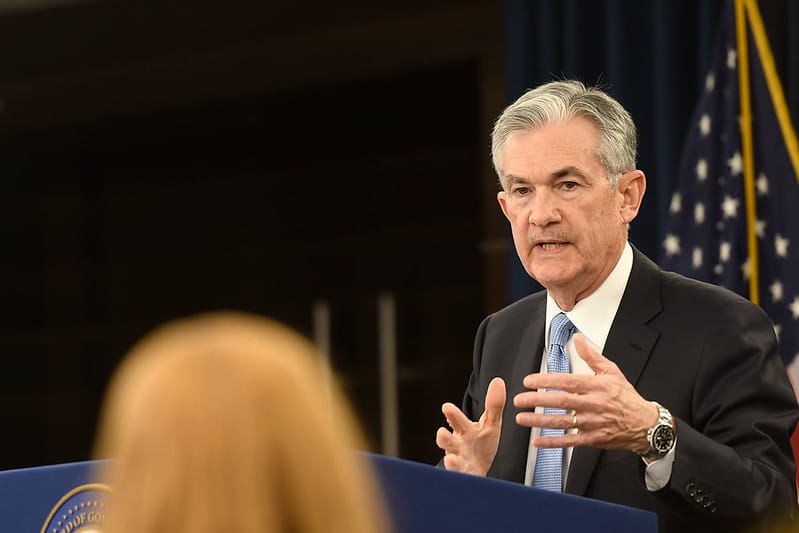Fed "Flying Blind" on Growth and Inflation, Says Former NY Fed President

Sign up for Global Macro Playbook: Stay ahead of the curve on global macro trends.
The Federal Reserve is "flying blind" when it comes to the trajectory of both economic growth and inflation, according to former New York Fed President William Dudley. The situation creates a heightened risk of policy missteps even as Chair Jerome Powell projects an air of cautious optimism. This stark assessment comes as the central bank held interest rates steady on Wednesday, acknowledging increased uncertainty but downplaying some key warning signs.
"I think the reality is they're flying blind," Dudley said in a Bloomberg interview following the Fed's decision. "They don't really know what's going to happen to growth. They don't know what's going to happen to inflation."
Dudley's comments contrast sharply with Powell's relatively dovish press conference demeanor, where he emphasized the economy's "good place" and suggested the Fed could "afford to wait" before making further policy moves. This perceived disconnect between Powell's messaging and the underlying economic risks has raised concerns among some economists.
The Fed's own Summary of Economic Projections (SEP), released Wednesday, revealed a more hawkish tilt than many expected. Policymakers downgraded their growth forecasts for 2024 and 2025 and raised their inflation projections. The "dot plot" of individual rate forecasts also shifted upward, though still signaling two rate cuts for this year.
The central bank also downplayed softer data, instead focusing on hard data. "Another thing I thought was interesting about Powell's remarks is he, he sort of minimized the, the soft data was that's showing a lot of weakness and said we're really sort of focusing on the hard data. We haven't seen weakness in the hard data yet," Dudley said during his interview.
A key point of contention is Powell's apparent dismissal of the University of Michigan's long-term inflation expectations measure, which has "shot up very sharply," according to Dudley. Powell, in his press conference, pointed to other indicators showing stable expectations, essentially telling the market to "ignore" the Michigan data. This selective focus on data is worrisome, given that rising inflation expectations can become self-fulfilling.
Complicating matters further is the extreme uncertainty surrounding President Donald Trump's trade policies. The on-again, off-again nature of tariff announcements, targeting goods from China, Canada, Mexico, and potentially Europe, has created a "very unpredictable future," as Lockhart stated in a separate interview. This tariff volatility makes it difficult for the Fed to rely on its traditional "data-dependent" approach.
The potential for "stagflation" – a combination of slow growth and rising inflation – is a growing concern. The OECD, in a recent report, lowered its growth forecasts for the US and the global economy, citing the impact of tariffs. Meanwhile, consumer sentiment has plunged, with the University of Michigan index hitting its lowest level since November 2022.
The unemployment rate, which Dudley identified as the key indicator to watch, remains low for now. But, he warned that if it rises to 4.5%, the Fed will "worry about the whole thing giving way."
The Fed also announced that it will slow the ongoing drawdown of its balance sheet, starting in April.
"The Fed indirectly cut rates today by taking action to reduce the pace of runoff of its Treasury holdings," Jamie Cox, managing partner for Harris Financial Group, said to CNBC. "This paves the way for the Fed to eliminate runoff by summer, and, with any luck, inflation data will be in place where reducing the Federal Funds rate will be the obvious choice."